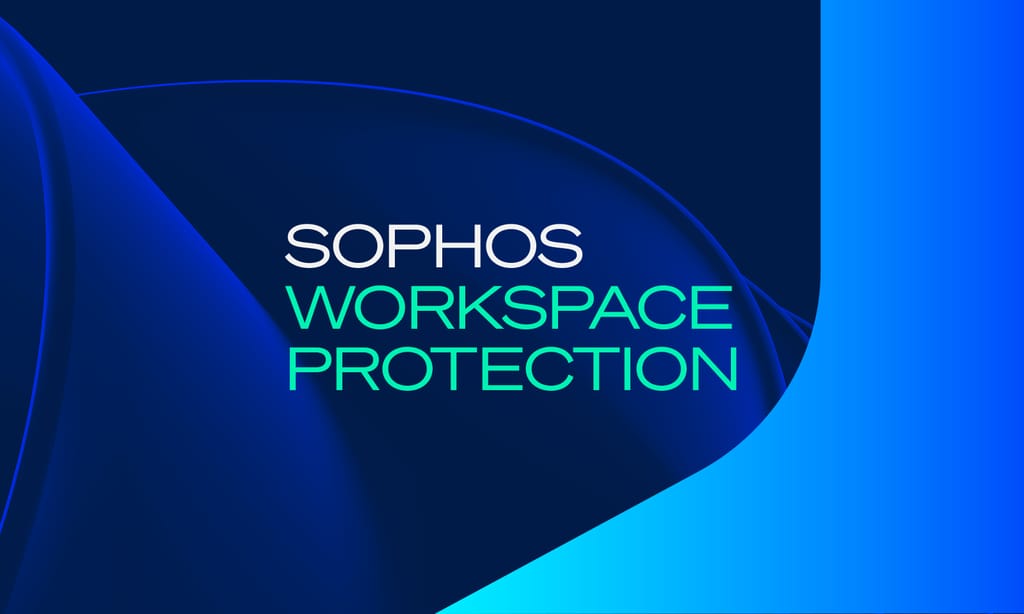
What is a software development kit (SDK)?
In the field of modern software and application development, a Software Development Kit (SDK) represents a comprehensive tool or utility that helps programmers and developers with a variety of resources to write software programs and build custom applications. Since a typical SDK contains a collection of software development tools, code samples, coding libraries, documentation, compilers, integrated development environment (IDE), testing & debugging tools, and APIs, it is also known as a DevKit. SDKs are widely used in the cybersecurity industry too. Anti-malware, Anti-spam, Email Filtering and Data Loss Prevention (DLP) are some commonly used SDKs by various security vendors.
Why is a Software Development Kit important?
In an increasingly cloud-native world, building performance-oriented and enterprise-grade software applications is a daunting task. With the right SDK, developers can build their applications faster and in a more standardized way. In addition to a shorter development cycle, developers and product managers also gain smoother integration, quicker go-to-market, and high-quality products for their customers.
How do SDKs work and why have they become instrumental in modern software/app development?
Most SDKs are made for specific platforms, and they help developers build software programs and applications that are aimed at certain platforms. However, with the emergence of IoT and cloud, many vendors now also provide SDKs that offer cross-platform support or are platform agnostic. SDKs that are designed for specific platforms, such as Windows, Linux, Android and iOS, offer the advantage of seamless integration with these platforms.
Developers working on software application ideas in a community-driven initiative can benefit more from open-source SDKs, for they are likely to gain ease of customization, integration, and collaborative improvements. SDKs can be programming-language specific too, and developers wanting to launch apps that will benefit from a specific language can choose an SDK that better meets the development needs for a particular language such as Javascript, Python, PHP, .NET or Ruby on Rails.
Cloud Computing, Web Development, Mobile Development, Cybersecurity and IoT are some of the thrust areas where the community of developers & product managers are able to develop, test and deploy better quality solutions faster by tapping into the right SDKs for their use case.
Is there a difference between an SDK and an API?
Application Programming Interface (API) is like a digital glue that holds the interconnected online economy together! While an SDK makes available a comprehensive collection of essential and specialized software development resources, an API, on the other hand, enables connecting disparate systems and sharing data between them. In today’s digital world, APIs are ubiquitous and act as a digital adhesive to connect multiple systems, exchange data, or access specific functionalities. An API could be a standalone solution or might be offered in an SDK package too.
Key considerations in shortlisting an SDK:
- Transparent and compliant licensing: Developers should thoroughly check for any potential clauses that may impose usage or distribution limitations. Also, it’s important to verify that the SDK is legally compliant for all related concerns
- Modularity and scalability: The rapidly evolving digital environment puts an additional burden of constant improvement and innovation — requiring the need to be more flexible to adapt to emerging changes and use cases. An SDK with modular design and extensible architecture offers great flexibility to developers in improving and scaling their apps and software solutions as the need arises
- Secure Code: Modern attackers have begun abusing legitimate software and several other applications. When accessing the SDK, developers must check the authenticity of the download location/source and ensure that the SDK is free from any potentially malicious code. In addition to built-in features and functionalities, proper documentation and dedicated tech support are also vital ingredients of a reliable SDK package
- Deployment Flexibility: Make sure the SDK you shortlist is compatible with your application deployment infrastructure and will not have any technical issues with regard to integration or deployment for a specific scenario.
Sophos SDKs
Sophos provides highly modular and extensible SDKs to OEM partners like security vendors and enterprise software & services companies. Sophos’ SDKs can be leveraged for both primary as well as supplemental protection. Sophos SDKs offer layered detection for superior threat defense with an opportunity to add incremental protection by leveraging SophosLabs threat intelligence and other advanced security technologies such as sandboxing and AI models.
Through its OEM cybersecurity division, Sophos provides a wide range of modular and extensible SDKs to its OEM partners like security vendors, SaaS platforms, xSPs and cloud developers. Sophos’ Anti-malware, Anti-spam and DLP SDKs are widely integrated into market-leading security solutions and enterprise IT solutions.
List of SDKs available from Sophos:
- Sophos Anti-malware SDK: It combines layered detection methods to offer superior malware protection. It can be customized for enhanced detection of web or email traffic and can be extended using SophosLabs threat intelligence. This enables partners to classify a range of threat artifacts – from zero-day malware to advanced persistent threats. The technology has been leveraged as core or supplemental protection in a wide range of hardware and software / SaaS security products and solutions
- Sophos Anti-spam SDK: It is focused on enhanced detection of modern email threats and reduction of false positives. It offers advanced messaging security to detect and block malicious emails and zero-day phishing attacks that slip through the prevention layer. The technology is also extensible via threat feeds and is powered by cloud-delivered real-time threat intelligence from SophosLabs. Leveraging AI-based detection together with static and dynamic analysis, the solution delivers faster and better verdicts on potentially malicious URLs and email attachments
- Sophos Data Loss Prevention (DLP) SDK: It offers an easy-to-integrate, cross-platform data security solution to those who want to implement DLP capabilities within their security solutions and bring them to market quickly. Sophos makes this process fast and efficient with its anti-malware engine and content analysis engine. Sophos DLP technology identifies files, extracts and converts text, and searches for sensitive data. SophosLabs provides a comprehensive library of sensitive data definitions, giving OEM partners launch-day detection for all common types of Personally Identifiable Information (PII) as well as financial and healthcare data
Sophos APIs
Sophos also offers rich and powerful APIs to its customers, MSP partners and cloud developers. See the below list to explore more about Sophos APIs:
- Sophos Central APIs (largely focused on automating security and management workflows via the Sophos Central cloud platform)
- SophosLabs Intelix APIs (enable cloud developers and security vendors to tap into the power of SophosLabs Intelix, a cloud-based threat intelligence and threat analysis platform, which enables direct access to the technology and intelligence behind Sophos products through RESTful APIs)
Related security topic: What is a network switch?
.svg?width=185&quality=80&format=auto&cache=true&immutable=true&cache-control=max-age%3D31536000)


.svg?width=13&quality=80&format=auto&cache=true&immutable=true&cache-control=max-age%3D31536000)



